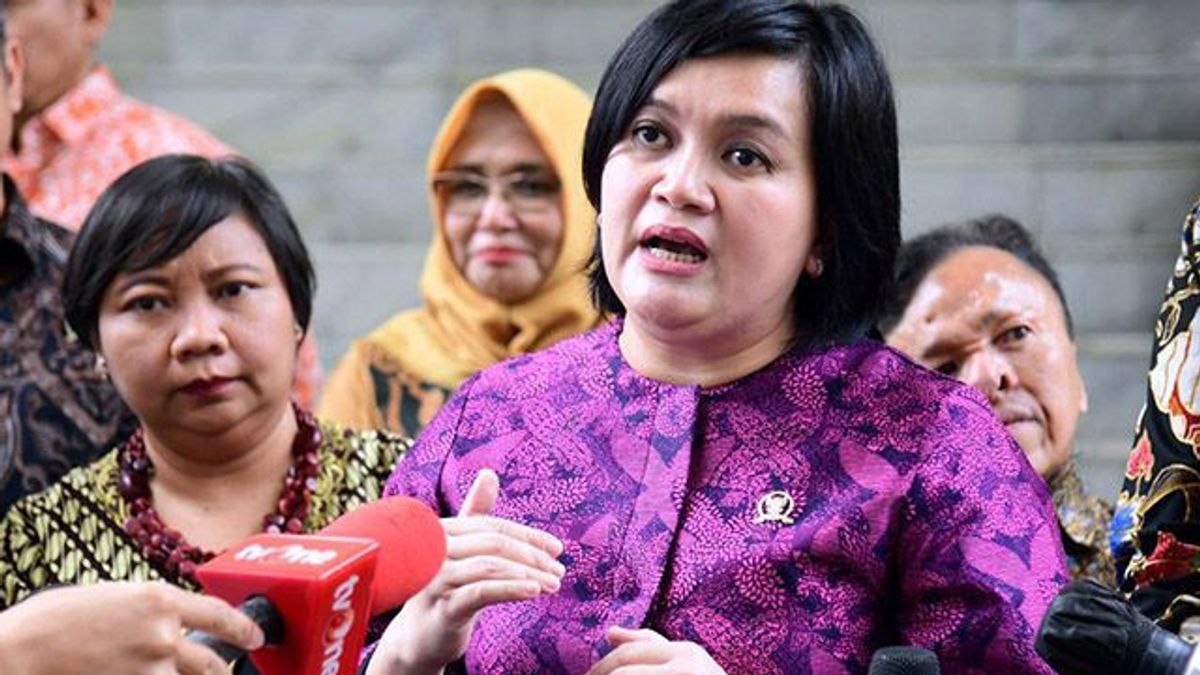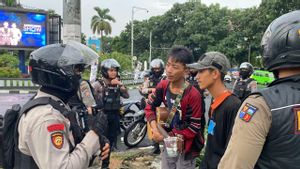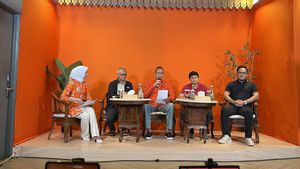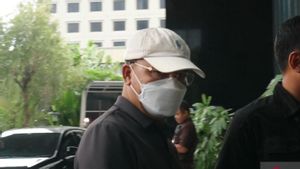JAKARTA - The National Human Rights Commission (Komnas HAM) conveyed four main points that became the attitude of the institution related to the signing of a memorandum of understanding (MoU) of Humanitarianism by members of the National Human Rights Commission for the 2017-2022 period. "First, the initiation of the 'MoU' Humanitarian Residence was more appropriate by parties currently involved in the conflict," said Komnas HAM Chairman Atnike Nova Sigiro as quoted by ANTARA, Thursday, February 9. Thus, Komnas HAM was not in a position to continue the agreement contained in the memorandum of understanding of the Humanitarian Jeda. The Memorandum of Understanding of Humanitarian Relations was signed by members of Komnas HAM for the period 2022-2027 together with the Papuan Church Council (DGP), the Papuan People's Assembly (MRP) and the United Liberation Movement for West Papua (ULMWP) on November 11, 2022. This was intended in the context of respecting the human rights situation in Papua. The second point is that the process of the MoU Jeda Humanitarianism initiative carried out by Komnas HAM for the 2017-2022 period is not in line with the procedures and decision making mechanisms at Komnas HAM. Furthermore, he said, Komnas HAM remains open to humanitarian dialogue efforts to encourage a more conducive human rights situation in Papua in accordance with the authority, function and task of the institution. The last point is that Komnas HAM continues to pay attention to the human rights situation in Papua as the human rights situation in Papua becomes one of the priority issues of Komnas HAM for the period 2022-2027. Among them is the issue of refugees as well as monitoring of conflict and violence. In general, members of Komnas HAM for the period 2022-2027 have studied the initiative of Humanitariani through the internal Komnas HAM documents, as well as programs and policies of the institutions related to human rights situation in Papua by prioritizing the precautionary principles. Komnas HAM has also conducted discussions with various parties to obtain a comprehensive picture of human rights situation in Papua.
The English, Chinese, Japanese, Arabic, and French versions are automatically generated by the AI. So there may still be inaccuracies in translating, please always see Indonesian as our main language. (system supported by DigitalSiber.id)













